
Find Help
More Items From Ergsy search
-

Can SEND children access extracurricular activities?
Relevance: 100%
-

What are SEND children?
Relevance: 55%
-

Who are SEND children?
Relevance: 48%
-

What support is available outside of school for SEND children?
Relevance: 45%
-

How is progress measured for SEND children?
Relevance: 45%
-

How can schools create an inclusive environment for SEND children?
Relevance: 44%
-

What support is available for SEND children in schools?
Relevance: 44%
-
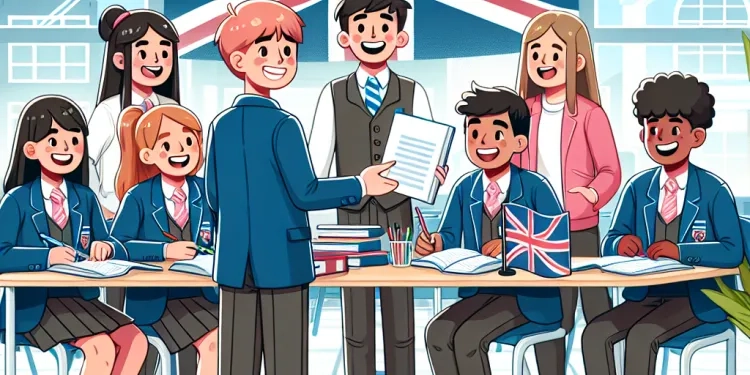
Do SEND children attend mainstream schools?
Relevance: 43%
-
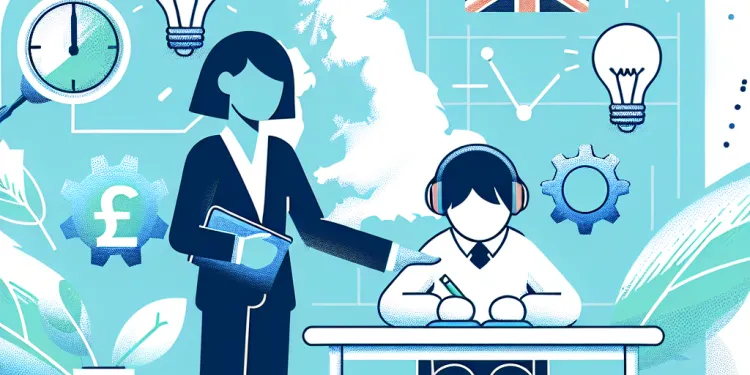
What role do teachers play in supporting SEND children?
Relevance: 41%
-

What are some common misconceptions about SEND?
Relevance: 38%
-

How are parents involved in the SEND process?
Relevance: 32%
-

Are there specific laws governing SEND in schools?
Relevance: 32%
-

What does SEND stand for?
Relevance: 31%
-

Who is responsible for assessing SEND needs?
Relevance: 31%
-

Can SEND status change over time?
Relevance: 30%
-

How do funding and resources affect SEND support?
Relevance: 29%
-

What are some common types of SEND?
Relevance: 28%
-

Can I send money to an inmate?
Relevance: 28%
-

Why does my email appear to be sending spam?
Relevance: 26%
-
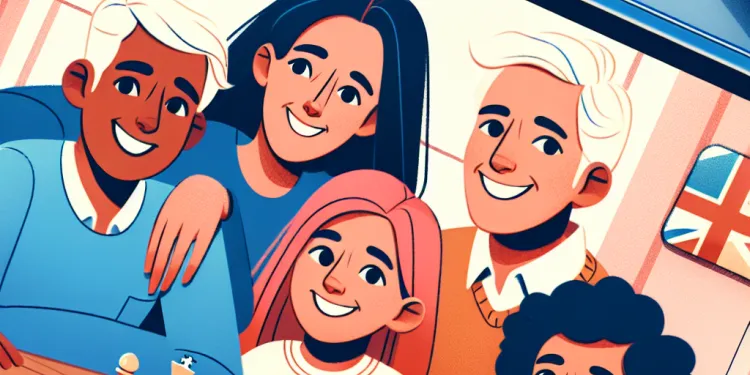
The Benefits of Family Activities
Relevance: 26%
-

How do I send books or magazines?
Relevance: 26%
-

What items can I send to someone in prison?
Relevance: 25%
-
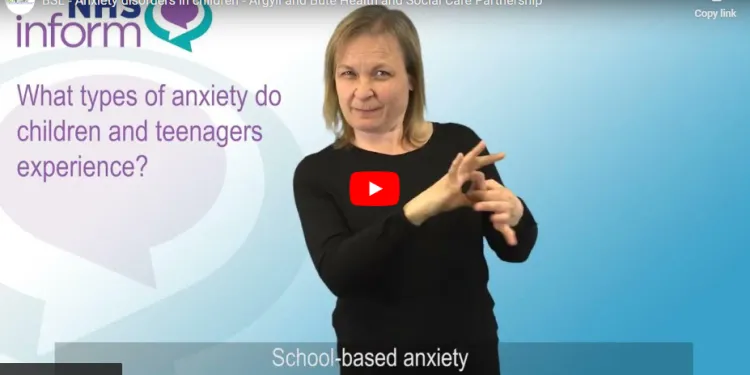
What type of anxiety do children and teenagers experience?
Relevance: 24%
-
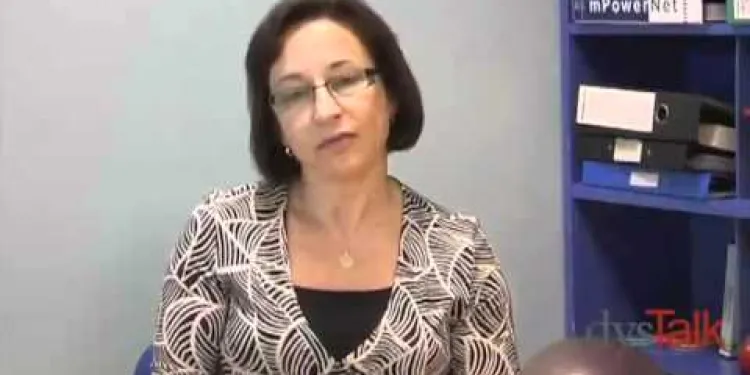
Dyspraxia Children: How to Help
Relevance: 23%
-

How can parents advocate for their SEND child?
Relevance: 22%
-

Do I need to send anything by post when filing online?
Relevance: 22%
-

Can children develop chronic fatigue syndrome?
Relevance: 22%
-
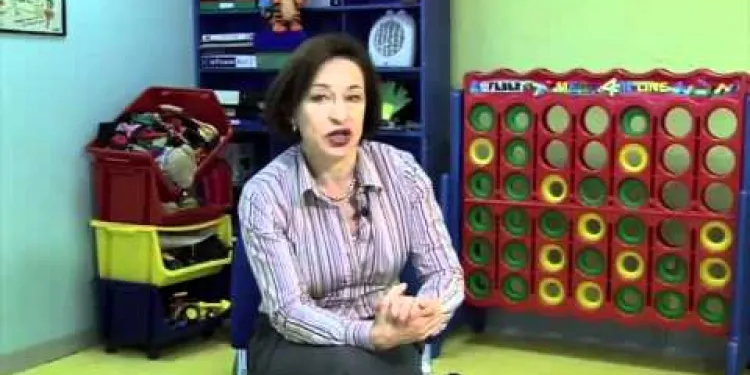
Children With Co-ordination Difficulties and Dyspraxia
Relevance: 22%
-

How can I identify if my child has SEND?
Relevance: 21%
-
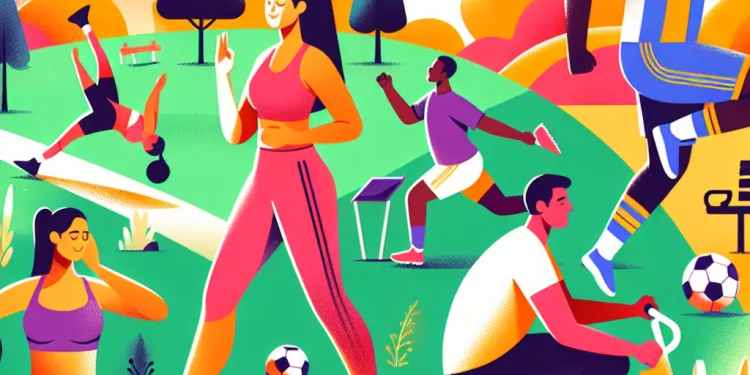
How important is physical activity in preventing obesity?
Relevance: 21%
-

Lupus in children | NHS
Relevance: 21%
-
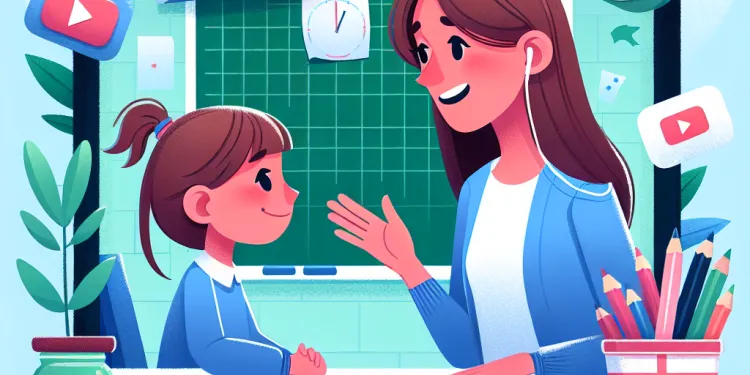
Understanding Mental Health in Children
Relevance: 20%
-
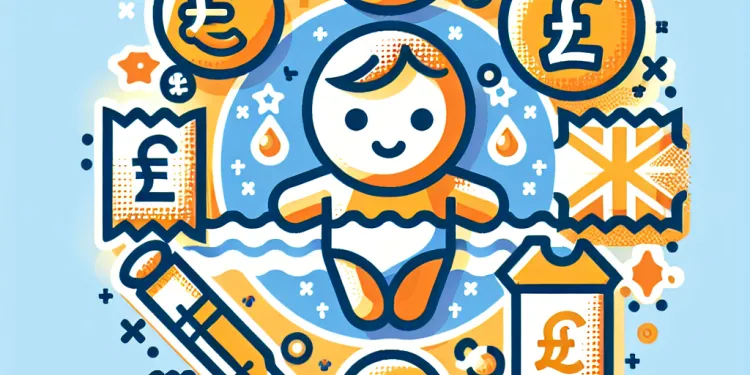
Is Baxdrostat suitable for children?
Relevance: 20%
-

Can Wegovy be used by children?
Relevance: 20%
-

Do I need a different SPF for water-related activities?
Relevance: 20%
-

When are mosquitoes most active in the UK?
Relevance: 20%
-

Are there specific mobility equipment for children?
Relevance: 19%
-
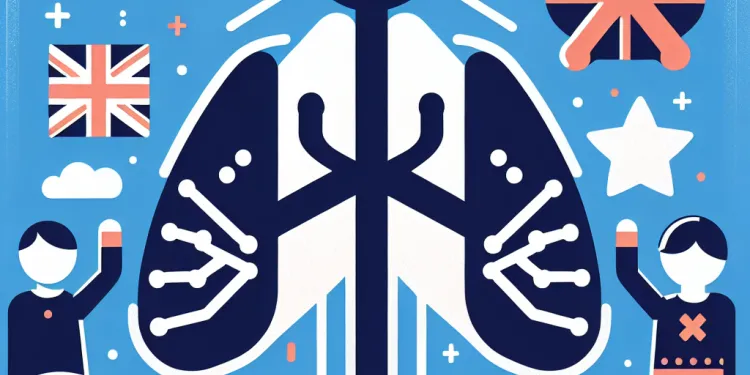
Can children outgrow asthma?
Relevance: 19%
-

Can children use Mounjaro?
Relevance: 19%
-
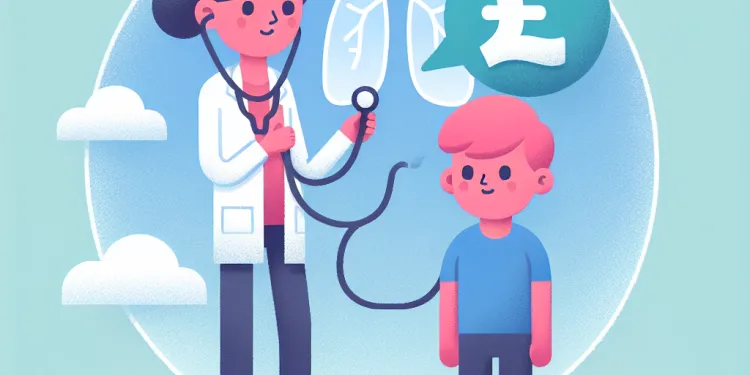
What is lupus in children?
Relevance: 19%
Understanding SEND and Extracurricular Activities
Children with Special Educational Needs and Disabilities (SEND) in the UK have the same entitlement to a fulfilling education as their peers. This includes access to extracurricular activities, which are important for social development, building self-esteem, and providing a sense of inclusion. The availability and accessibility of these activities can vary, and it is crucial to ensure that SEND children are not excluded from these vital opportunities due to their additional needs.
Legal Framework and Rights
The Equality Act 2010 protects individuals with disabilities from discrimination, including in educational settings and extracurricular activities. Schools and clubs are legally required to make reasonable adjustments to ensure that SEND children can participate. This law applies to all schools, including mainstream and special schools, and extracurricular clubs whether provided by the school or external organisations.
Challenges in Access
Despite the legal framework, there are practical challenges that can hinder the participation of SEND children in extracurricular activities. These challenges may include a lack of staff training in handling specific needs, insufficient resources to provide necessary support or equipment, and physical inaccessibility of venues. Furthermore, there may be a lack of awareness or understanding from staff and peers about how to effectively include SEND children.
Solutions and Support
To improve access to extracurricular activities for SEND children, schools and organisations can implement several strategies. Training staff to understand and meet various needs is essential, as is fostering an inclusive environment where differences are respected and accommodated. Additionally, schools can seek advice and funding from local authorities to support necessary adjustments, such as adapting facilities or providing additional staff for supervision.
Benefits of Participation
Participation in extracurricular activities offers SEND children numerous benefits. It enhances their social interaction skills, supports physical health, and contributes to psychological well-being. Being part of a team or group helps build friendships and teaches important life skills such as teamwork and communication. Moreover, these activities can boost children's confidence and provide them with a sense of achievement.
Parental and Community Involvement
Parents and carers play a crucial role in advocating for their children's inclusion in extracurricular activities. Engaging with school staff, other parents, and local community organisations can help identify available activities and potential barriers. Communities can also contribute by raising awareness and supporting inclusive initiatives, ensuring that all children, regardless of their needs, have the opportunity to participate.
Conclusion
While there are challenges in ensuring that SEND children have access to extracurricular activities, a combination of legal protections, collaborative efforts from schools, communities, and ongoing parental involvement can make a significant difference. By prioritising inclusivity and equality, we can ensure that all children are afforded the same opportunities to grow, learn, and thrive outside the classroom.
Understanding SEND and Extracurricular Activities
Children with Special Educational Needs and Disabilities (SEND) in the UK have the right to a good education, just like other children. This includes joining in on after-school activities, which help them make friends, feel good about themselves, and feel included. Sometimes, these activities can be hard to join or find, so it is important to make sure that SEND children can take part and are not left out.
Legal Framework and Rights
The Equality Act 2010 is a law that protects people with disabilities from unfair treatment. This includes making sure they can join school and after-school activities. Schools and clubs must make changes if needed so SEND children can join in. This rule is for all schools and clubs, whether they are at the school or run by other groups.
Challenges in Access
Even with the law, there are real problems that can stop SEND children from joining after-school activities. Problems can include staff not knowing how to help with special needs, not having the right tools, and places not being easy to get into. Also, staff and other children may not know how to include SEND children properly.
Solutions and Support
Schools and groups can do many things to help SEND children join in after-school activities. Training staff to understand different needs is important. Creating a friendly place where everyone is welcome is also key. Schools can ask for help and money from local councils to make changes, like fixing buildings or hiring extra helpers.
Benefits of Participation
Joining after-school activities gives SEND children lots of good things. It helps them make friends, stay healthy, and feel happy. Being in a team or group teaches them how to work with others and communicate. These activities make them feel proud and more confident.
Parental and Community Involvement
Parents and carers are important for making sure their children can join after-school activities. Talking with school staff, other parents, and community groups can help find activities and solve problems. Communities can help by spreading the word and supporting projects that include everyone, so all kids get a chance to join in.
Conclusion
There are problems in making sure SEND children can join after-school activities, but with laws, help from schools and communities, and parents staying involved, we can make a difference. By putting inclusivity and fairness first, we can ensure that all children have the same chances to learn, grow, and have fun outside the classroom.
Frequently Asked Questions
Can children with SEND access extracurricular activities in mainstream schools?
Yes, most mainstream schools offer inclusive extracurricular activities that are accessible to children with Special Educational Needs and Disabilities (SEND).
What types of extracurricular activities are typically available for SEND children?
Extracurricular activities can include sports, arts, drama, music, clubs, and more, all of which can be adapted to be inclusive for SEND children.
Are there specific extracurricular activities designed for SEND children?
Some schools or organizations may have specific activities or clubs designed to cater specifically to SEND children, providing tailored support and accommodations.
How do schools ensure that extracurricular activities are inclusive for SEND children?
Schools often work closely with staff to provide appropriate support and resources, such as training and equipment, to make extracurricular activities inclusive for SEND children.
Can SEND children participate in competitive sports?
Yes, with appropriate adjustments and support, SEND children can participate in competitive sports, and some may even have opportunities to compete in events designed specifically for them.
Do parents need to inform schools about their child’s SEND needs for extracurricular activities?
Yes, it’s important for parents to communicate their child’s needs with the school to ensure appropriate accommodations and support are provided in extracurricular settings.
Are there any costs involved for SEND children to access extracurricular activities?
While some activities may have associated costs, many schools strive to make them accessible for all students, including those with SEND, potentially offering subsidies or financial assistance.
Are extracurricular activities beneficial for SEND children?
Yes, extracurricular activities can provide significant social, emotional, and physical benefits for SEND children, including improved self-esteem and opportunities for social interaction.
What role does a SEND coordinator play in facilitating extracurricular activities?
A SEND coordinator can help ensure that extracurricular activities are accessible and appropriately adjusted for SEND children, working with staff, parents, and the children themselves.
How can extracurricular activities be adapted for SEND children?
Activities can be adapted through modified equipment, tailored rules, support staff assistance, and personalized adjustments to accommodate various needs.
Do extracurricular activities need to comply with any legal requirements for SEND inclusion?
Yes, schools must comply with laws such as the Equality Act to ensure that all activities, including extracurricular ones, are accessible to children with SEND.
Are there any resources or organizations that support SEND inclusion in extracurricular activities?
Yes, there are numerous organizations that offer guidance, resources, and training to help schools and parents support SEND inclusion in extracurricular activities.
How can parents advocate for more inclusive extracurricular activities?
Parents can work with school staff, attend meetings, and join parent committees to advocate for more inclusive practices in extracurricular programs.
Is staff training necessary for including SEND children in extracurricular activities?
Yes, staff training is crucial so that they understand the needs of SEND children and how to effectively include them in extracurricular activities.
Can transportation be an issue for SEND children attending extracurricular activities?
Transportation can be a concern, and parents may need to work with schools to arrange accessible transportation options if needed.
What impact can inclusion in extracurricular activities have on a SEND child’s overall education experience?
Inclusive extracurricular activities can enrich a SEND child's overall educational experience by fostering skills, friendships, and confidence that can positively influence their school life.
Are there extracurricular activity programs outside of school for SEND children?
Yes, many communities offer programs and clubs outside of school specifically designed for SEND children, providing diverse opportunities beyond the school environment.
How can extracurricular activities help with a SEND child’s social skills?
Activities encourage interaction with peers, which can be beneficial in developing communication and social skills in a supportive environment.
Can technology be used to aid SEND children in extracurricular activities?
Yes, technology such as adaptive equipment and communication devices can be used to assist SEND children in participating fully in extracurricular activities.
How can teachers and coaches be supported to include SEND children in extracurricular activities?
Supporting teachers and coaches through training, providing resources, and fostering a collaborative environment can help them effectively include SEND children in these activities.
Can children with SEND join after-school clubs at regular schools?
Do children with special educational needs and disabilities (SEND) get to join clubs after school at regular schools?
Many regular schools let all children join after-school clubs. This includes children with SEND. These clubs can be sports, music, art, or other fun activities.
Schools can use tools to help. They can have extra teachers or special equipment. This makes sure everyone can join in.
If you want to know more, talk to the school's teachers. They can tell you how the clubs work. You can also ask for help if you need it.
Yes, many schools have fun activities that all kids, including those with special needs, can join.
What kinds of fun activities are there for SEND kids?
SEND stands for Special Educational Needs and Disabilities. There are many fun things for SEND kids to do after school. They can join clubs, play sports, or do art and music. These activities can help them learn new skills and make friends.
If you need help finding activities, you can ask teachers or parents. You can also look online for local groups or community centers.
Extracurricular activities are fun things you can do after school. These can be sports, arts, drama, music, clubs, and more. We can make all these activities simple and fun for children with special needs.
If you need help understanding or participating in these activities, here are some tips:
- Ask a teacher or helper if you need something explained.
- Talk to a friend or an adult if you need extra help.
- Use pictures or videos to see what you'll be doing.
- Try writing down or drawing what you learn or enjoy.
Remember, everyone should have fun and feel included!
Are there special activities for children with SEND?
Some schools have activities just for children with SEND. These are fun things to do after school. They can help you make friends and learn new things. You can ask your teacher about these activities. They might tell you about sports, art, music, or clubs you can join. If you need help, you can ask an adult you trust.
Some schools or groups have special clubs or activities just for SEND children. These clubs give the support and help that SEND children need.
How do schools make sure all kids can join in after-school activities?
Schools want all kids to have fun and learn new things after school. This includes kids with SEND (Special Educational Needs and Disabilities). Here's how they do it:
- Ask for Help: Teachers and helpers can talk to parents to find out what each child needs.
- Plan Activities: Schools choose activities where everyone can join in.
- Extra Support: Some kids might need extra help, like a buddy or special tools.
- Check In: Schools can ask kids and parents if they are happy and feel included.
If you need more help or ideas, ask a teacher or look for online tools that can give advice.
Schools try hard to help teachers and staff. They give them training and tools. This is so all children, including those with SEND (Special Educational Needs and Disabilities), can join in activities outside of class, like sports and clubs.
Can children with SEND play in sports competitions?
Yes, children with SEND (special educational needs and disabilities) can play in sports competitions. It's important for them to have fun and try their best. Here are ways to help:
- Find sports that they like.
- Make sure they have the right support.
- Talk to coaches about what they need.
- Use tools like visual guides or symbols to help understand rules.
Playing sports can be a great way for children with SEND to make friends and stay healthy.
Yes, with the right help and changes, children with SEND can play in sports competitions. Some might even join special events just for them.
Should parents tell schools about their child’s SEND needs for after-school activities?
It is important for parents to talk to the school about their child's needs. This helps the school give the right help and support when the child takes part in after-school activities.
Do SEND children need to pay to join after-school activities?
If you want to know if there are costs for SEND children to join activities like sports or clubs after school, here's some help:
- Ask the school if there's money to help pay for these activities.
- Look for groups or charities that help families with SEND children.
- Talk to other parents about free activities they know.
Some activities might cost money. But many schools try to make sure everyone can join, even if they have SEND. They might help by giving money or support.
Are after-school activities good for children with SEND?
After-school activities are things you do after your classes, like sports, music, or art. SEND means Special Educational Needs and Disabilities.
These activities can help you:
- Make new friends
- Have fun
- Learn new skills
- Feel more confident
If you need help, you can use:
- Pictures or videos to understand better
- Extra time to learn things
- A friend or helper
Doing activities you like can be very good for you!
Yes, doing activities after school can be very good for children with special needs. These activities can help them feel better about themselves and make friends. They can also help them move and stay healthy.
What Does a SEND Coordinator Do to Help with After-School Activities?
A SEND coordinator is a person who helps children with special needs.
They make sure these children can join fun activities after school.
They talk to teachers, parents, and coaches to make a plan that helps each child.
Tools like picture cards or simple instructions can make things easier.
A SEND coordinator helps make sure that after-school activities are fun and safe for all children, including those with special needs. They talk and plan with teachers, parents, and the children to make this happen.
How can activities outside of school be made better for children with special needs?
You can change activities to make them easier for everyone. You can use special equipment, change the rules, have helpers, and make personal changes so everyone can join in.
Do after-school activities need to follow rules for including children with special needs?
Yes, schools need to follow rules like the Equality Act. This means they must make sure all activities are open to all children, including those with SEND (Special Educational Needs and Disabilities).
Can I find help for children with special needs to join after-school activities?
Yes, there are places and groups that can help children with special needs join in fun activities after school. They make sure everyone can play and learn together.
Look for community centers, sports clubs, or special programs at your school. They might have activities like sports, music, or art that are good for everyone.
You can also ask a teacher or a friendly adult for ideas. They can help you find the right group or activity.
Yes, there are many groups that help schools and parents. They can give advice, resources, and training to support SEND in after-school activities.
How can parents ask for more activities for all kids?
Parents can help all kids join in fun activities at school. Here's how they can ask for more activities for everyone:
- Talk to Teachers: Parents can have a chat with teachers about having more activities for every child.
- Speak at School Meetings: Parents can go to school meetings and share ideas about activities where all kids can join.
- Write Letters: Parents can write letters or emails to the school to ask for more fun things that all kids can enjoy.
- Work with Other Parents: Parents can team up with other parents. Together, they can ask the school for more activities for everyone.
Some tools can help parents communicate better:
- Use Simple Words: Keep the language easy and clear when talking or writing.
- Visual Aids: Use pictures or drawings to help explain ideas.
- Practice Together: Parents can practice speaking with friends or family before talking to the school.
Parents can help by talking with teachers and staff at school. They can go to meetings and join parent groups to ask for fun activities that include everyone.
Do staff need training to help children with SEND join in activities after school?
Yes, it's important for staff to learn how to help SEND children. This helps them join in after-school activities.
Is getting to activities a problem for SEND children after school?
Getting to school can be tricky. Parents and schools can work together to make sure there is a way for everyone to get to school easily.
How can joining after-school activities help a child with SEND in school?
Joining clubs and activities after school can be fun and helpful for kids with SEND. It can help them:
- Make new friends
- Learn new skills
- Feel more confident
- Enjoy school more
Kids with SEND might need extra help to join these activities. Tools like picture schedules or having an adult to help can be really useful.
Fun activities after school can help children with special needs. These activities can help them learn new skills, make friends, and feel more confident. This can make their time in school better.
Are there fun activities outside school for SEND children?
Yes, there are! Fun activities after school are for all children, including those with SEND (Special Educational Needs and Disabilities). They can include sports, music, art, and drama. Joining these activities can help children make friends and learn new things.
For help finding activities, you can ask the child’s school or look online for local programs. Parents and caregivers can also talk to other families for suggestions.
Yes, lots of places have special groups and clubs just for SEND kids. These are fun things to do after school and help kids try new things and make friends.
How do fun activities outside school help children with SEND make friends?
Doing activities with other people helps you talk and make friends. This is good for learning how to talk and get along with others. It also makes it easier because you are in a friendly place.
Can technology help SEND children in after-school activities?
SEND means Special Educational Needs and Disabilities. It's about kids who may need extra help with learning. Technology can be used to help these kids when they do fun things after school.
For example, tablets, apps, and special computers can help kids learn and play. Teachers and parents can use these tools to make activities more fun and easier to understand.
Some ways to help are:
- Use apps that read stories out loud.
- Try games that teach new skills.
- Watch videos that show how to do activities step by step.
It's important to pick the right technology for each child. Asking teachers for advice can also be helpful!
Yes, technology can help kids with SEND join in after-school activities. Special tools and talking devices make it easier for everyone to have fun and learn together.
How can teachers and coaches help SEND children join in activities after school?
We can help teachers and coaches by giving them training and useful tools. Working together as a team also helps. These things make it easier for children with special needs to join in activities.
Useful Links
This website offers general information and is not a substitute for professional advice.
Always seek guidance from qualified professionals.
If you have any medical concerns or need urgent help, contact a healthcare professional or emergency services immediately.
Some of this content was generated with AI assistance. We’ve done our best to keep it accurate, helpful, and human-friendly.
- Ergsy carfully checks the information in the videos we provide here.
- Videos shown by Youtube after a video has completed, have NOT been reviewed by ERGSY.
- To view, click the arrow in centre of video.
- Most of the videos you find here will have subtitles and/or closed captions available.
- You may need to turn these on, and choose your preferred language.
- Go to the video you'd like to watch.
- If closed captions (CC) are available, settings will be visible on the bottom right of the video player.
- To turn on Captions, click settings .
- To turn off Captions, click settings again.
More Items From Ergsy search
-

Can SEND children access extracurricular activities?
Relevance: 100%
-

What are SEND children?
Relevance: 55%
-

Who are SEND children?
Relevance: 48%
-

What support is available outside of school for SEND children?
Relevance: 45%
-

How is progress measured for SEND children?
Relevance: 45%
-

How can schools create an inclusive environment for SEND children?
Relevance: 44%
-

What support is available for SEND children in schools?
Relevance: 44%
-

Do SEND children attend mainstream schools?
Relevance: 43%
-

What role do teachers play in supporting SEND children?
Relevance: 41%
-

What are some common misconceptions about SEND?
Relevance: 38%
-

How are parents involved in the SEND process?
Relevance: 32%
-

Are there specific laws governing SEND in schools?
Relevance: 32%
-

What does SEND stand for?
Relevance: 31%
-

Who is responsible for assessing SEND needs?
Relevance: 31%
-

Can SEND status change over time?
Relevance: 30%
-

How do funding and resources affect SEND support?
Relevance: 29%
-

What are some common types of SEND?
Relevance: 28%
-

Can I send money to an inmate?
Relevance: 28%
-

Why does my email appear to be sending spam?
Relevance: 26%
-

The Benefits of Family Activities
Relevance: 26%
-

How do I send books or magazines?
Relevance: 26%
-

What items can I send to someone in prison?
Relevance: 25%
-

What type of anxiety do children and teenagers experience?
Relevance: 24%
-

Dyspraxia Children: How to Help
Relevance: 23%
-

How can parents advocate for their SEND child?
Relevance: 22%
-

Do I need to send anything by post when filing online?
Relevance: 22%
-

Can children develop chronic fatigue syndrome?
Relevance: 22%
-

Children With Co-ordination Difficulties and Dyspraxia
Relevance: 22%
-

How can I identify if my child has SEND?
Relevance: 21%
-

How important is physical activity in preventing obesity?
Relevance: 21%
-

Lupus in children | NHS
Relevance: 21%
-

Understanding Mental Health in Children
Relevance: 20%
-

Is Baxdrostat suitable for children?
Relevance: 20%
-

Can Wegovy be used by children?
Relevance: 20%
-

Do I need a different SPF for water-related activities?
Relevance: 20%
-

When are mosquitoes most active in the UK?
Relevance: 20%
-

Are there specific mobility equipment for children?
Relevance: 19%
-

Can children outgrow asthma?
Relevance: 19%
-

Can children use Mounjaro?
Relevance: 19%
-

What is lupus in children?
Relevance: 19%


